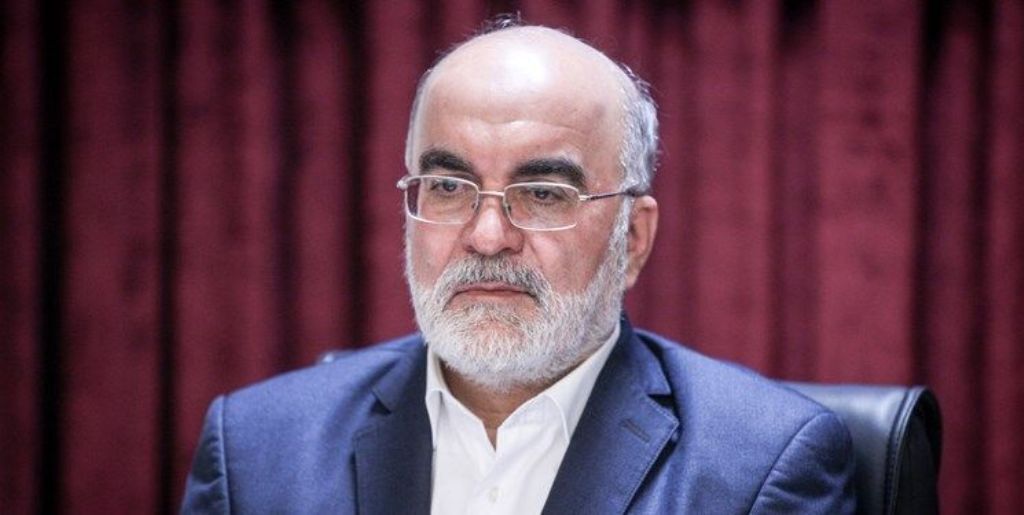
Similar Posts
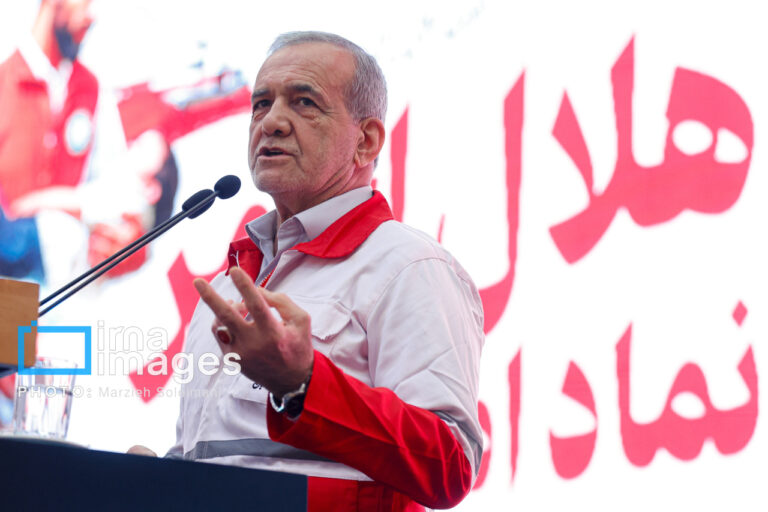
President Pezeshkian Slams Western Double Standards in Humanities Debate
Iranian President Masoud Pezeshkian condemned Western nations for their double standards on humanitarian issues during a Red Crescent Week event. He highlighted the hypocrisy of countries that promote democracy and human rights while engaging in brutal actions. Pezeshkian criticized these nations for shifting blame onto others and questioned the morality of those who support violence against vulnerable populations. He also called out international organizations, particularly the United Nations, for their inaction regarding the Israeli regime’s actions against civilians. Pezeshkian emphasized the stark contrast between the rhetoric of peace and the reality of savagery in global affairs.
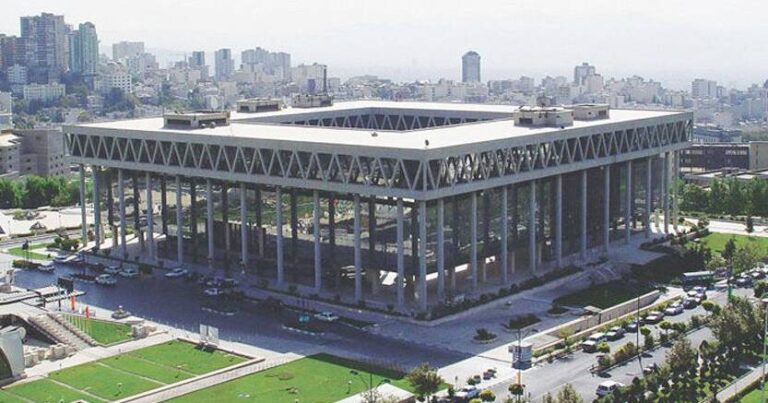
Rising Tensions: Sectarian Rhetoric and US Relations Spark Controversy in State Media
Iran’s state-run television is facing backlash from senior clerics and political figures for inflammatory religious commentary and biased coverage of U.S. negotiations. Moderate cleric Rasoul Montajabnia criticized the influence of a fundamentalist group in state media, particularly after a broadcast insulted Sunni Muslims. Despite an apology and investigation from IRIB, many clerics deemed this insufficient. Criticism has also come from hardline outlets, highlighting a rift in Iran’s political landscape. The head of IRIB, appointed by the Supreme Leader, faces scrutiny regarding editorial independence. This ongoing controversy underscores the complex relationship between religion, politics, and media in Iran.
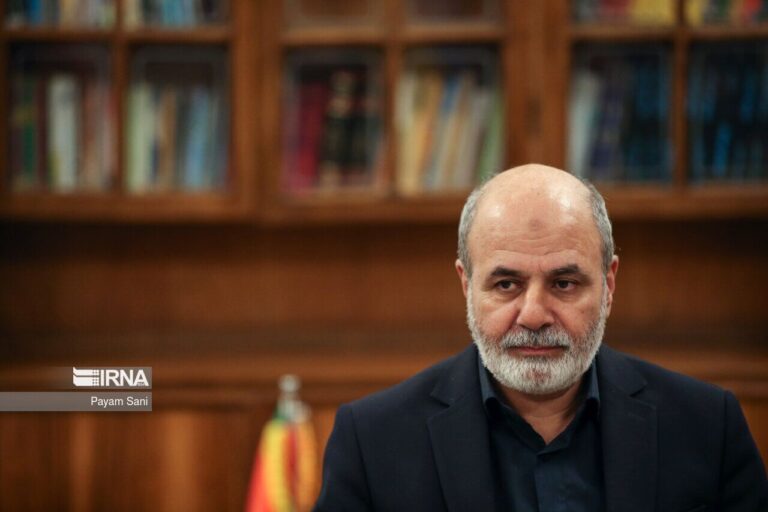
Iran Stands Firm: Protecting Strong Ties with Armenia Against Adversaries, Says Top Security Official
Iran’s Secretary of the Supreme National Security Council, Ali-Akbar Ahmadian, has called for enhanced cooperation with Armenia, highlighting the need for strong bilateral relations amid external pressures. During a meeting with Armenian counterpart Armen Grigoryan, Ahmadian emphasized Iran’s commitment to fostering neighborly ties for regional stability. Both officials shared views on unrestricted cooperation and the significance of historical connections. Grigoryan stressed that Armenia’s development is independent of external influences and highlighted the importance of economic collaboration. He also noted the “Crossroads of Peace” initiative aimed at improving infrastructure and investment, while appreciating the Armenian community in Iran as a bridge for relations.
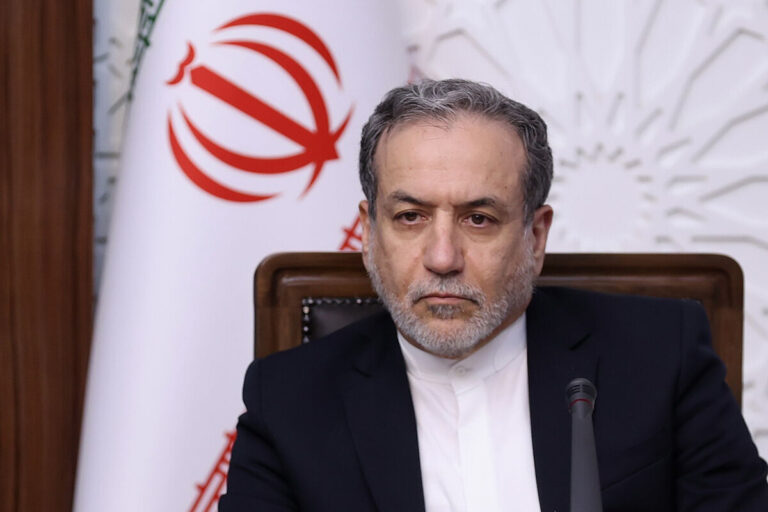
Foreign Minister Set to Honor Hezbollah Leaders at Beirut Funeral
Iranian Foreign Minister Abbas Araqchi is set to visit Beirut to attend the funeral of Hezbollah’s late leader Sayyed Hassan Nasrallah and his successor Sayyed Hashem Safieddine. Araqchi’s participation underscores Iran’s support for Hezbollah and its influence in regional politics. He will arrive at Beirut-Rafic Hariri International Airport on Sunday morning for the 1:00 PM funeral procession. Iranian Parliament Speaker Mohammad Baqer Qalibaf will also attend, highlighting the significance of the event. Nasrallah was killed in an Israeli airstrike in September, followed by Safieddine’s death in October, marking a critical moment in Iran-Hezbollah-Israel relations amid ongoing tensions.
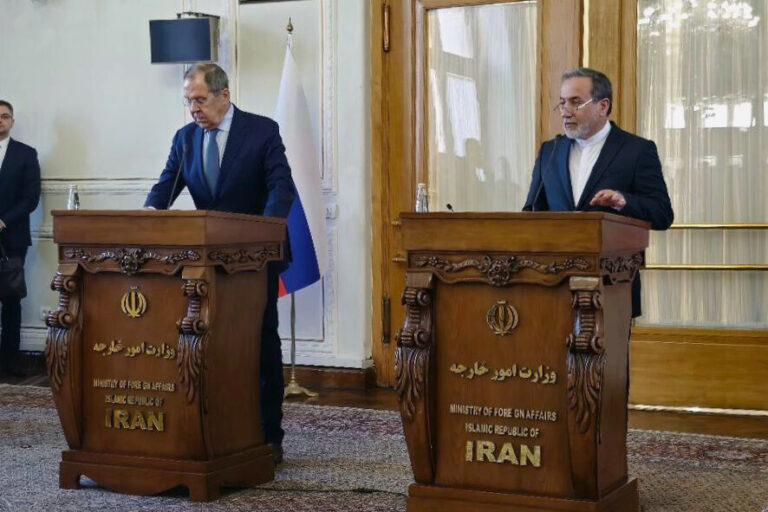
Iran Stands Firm: No Negotiations Amid Pressure, Threats, or Sanctions, Warns Araghchi
Iran’s Foreign Minister Abbas Araghchi has declared that Iran will not negotiate with the U.S. while the “maximum pressure” campaign persists, reinstated by President Trump earlier this month. During a press conference with Russian Foreign Minister Sergei Lavrov, Araghchi stressed that negotiations under pressure are unacceptable and highlighted Iran’s commitment to coordinate its nuclear policy with allies like Russia and China. The discussions in Tehran also included efforts to revive the 2015 nuclear deal (JCPOA), which has been jeopardized since the U.S. withdrawal in 2018. Both nations condemned forced displacement of Palestinians and rejected U.S. proposals regarding Gaza.
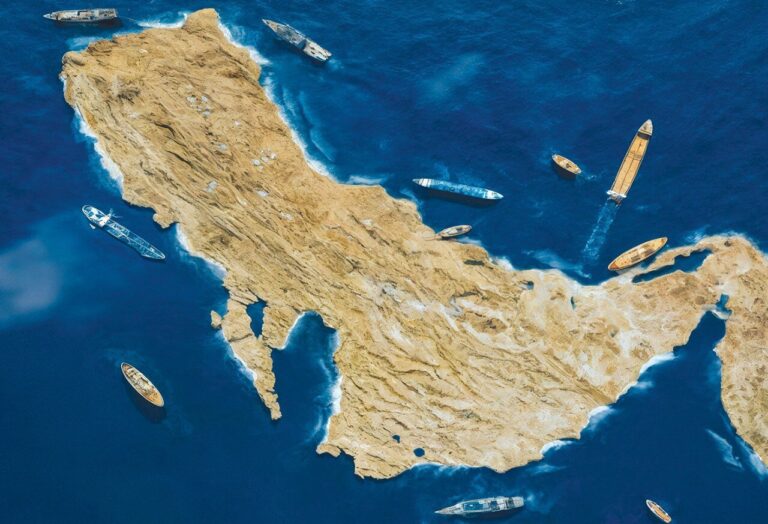
Discovering the Persian Gulf: A Deep Dive into Our Waters and Lands
The Persian Gulf, vital for global oil transport and a significant military location, has a rich historical and cultural heritage. Recent plans by U.S. President Donald Trump to designate it as the “Arabian Gulf” have sparked strong backlash, particularly in Iran. This controversy echoes Trump’s previous naming efforts, which failed to gain international support. Historically, the term “Persian Gulf” has been widely used since ancient times, while “Arabian Gulf” emerged in the late 20th century amid political tensions. Analysts suggest that the renaming push may reflect broader regional strategies. Ultimately, the name “Persian Gulf” symbolizes enduring identity and cultural pride.